Explore how University of Washington research on activating hypothalamic brain cells could unlock new anti-aging therapies and extend lifespan.
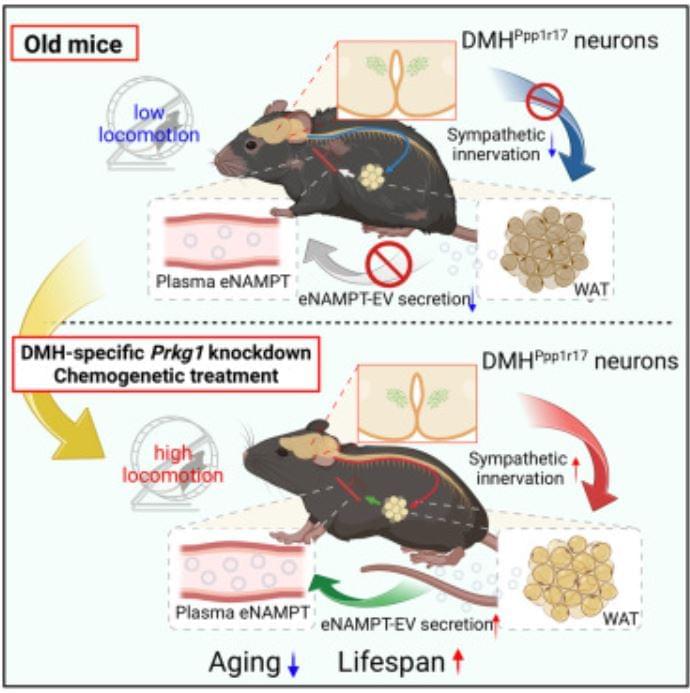

Metaphysics and the Matter with Things: Thinking with Iain McGilchrist was a collaborative conference put on by the Center for Process Studies (CPS) and the California Institute of Integral Studies (CIIS) in March of 2024. This three-day conference brought leading process thinkers across various disciplines, including physics, neuroscience, psychology, philosophy, and theology into critical dialogue with McGilchrist’s work in a collegial effort to assess, question, extend, and apply it. For more information on the conference and to purchase recordings, please visit https://ctr4process.org/mcgilchrist-conference/
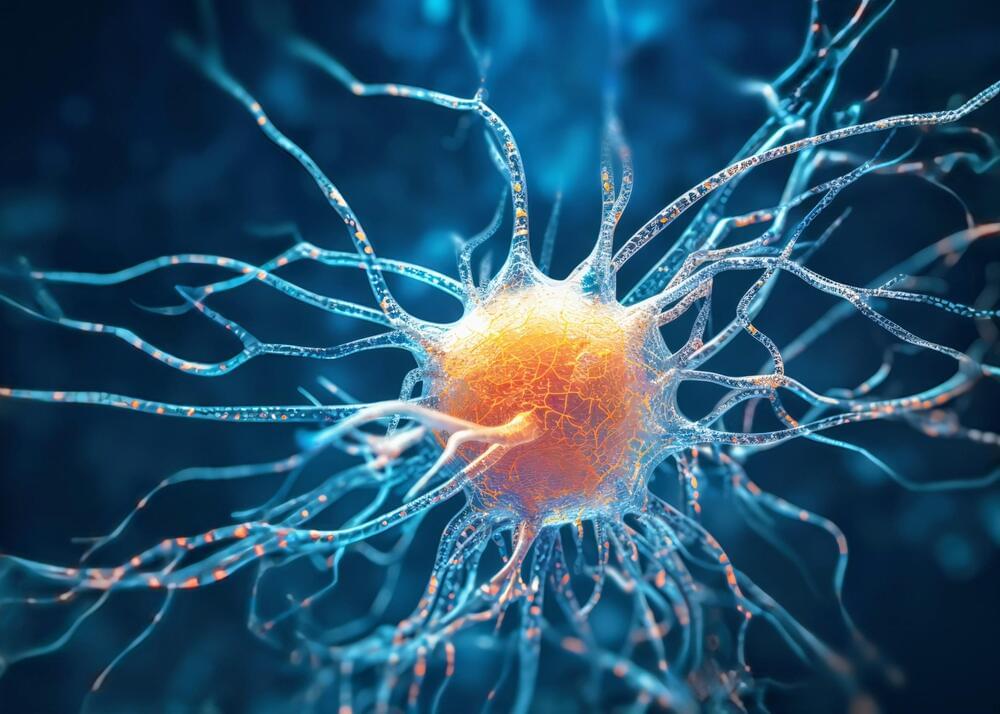
Potential therapies could include precise genetic targeting of the GLUT4 pathway or dietary modifications to fine-tune glucose levels, ensuring an optimal environment for neurogenesis.
Stanford research uncovers glucose’s role in boosting neurogenesis, offering insights into brain aging interventions.
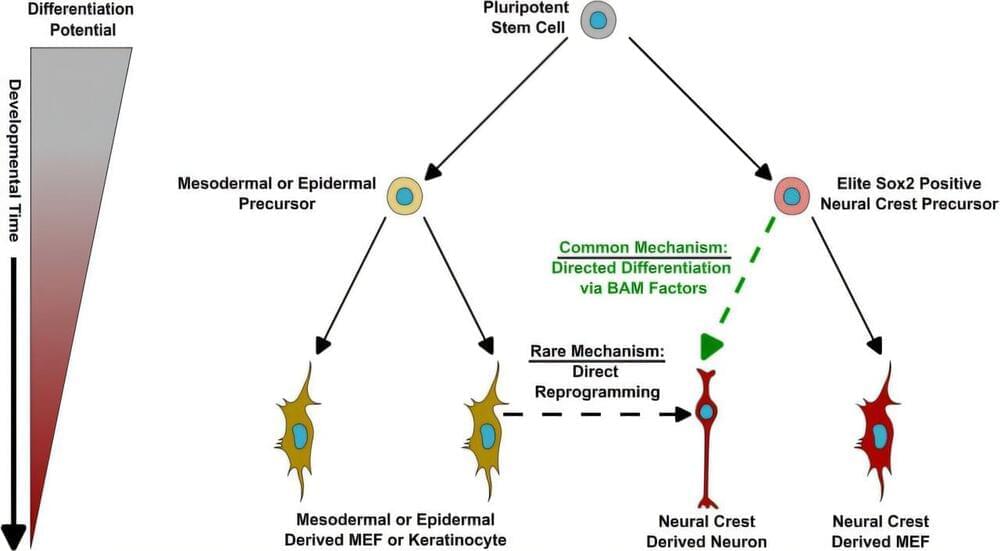
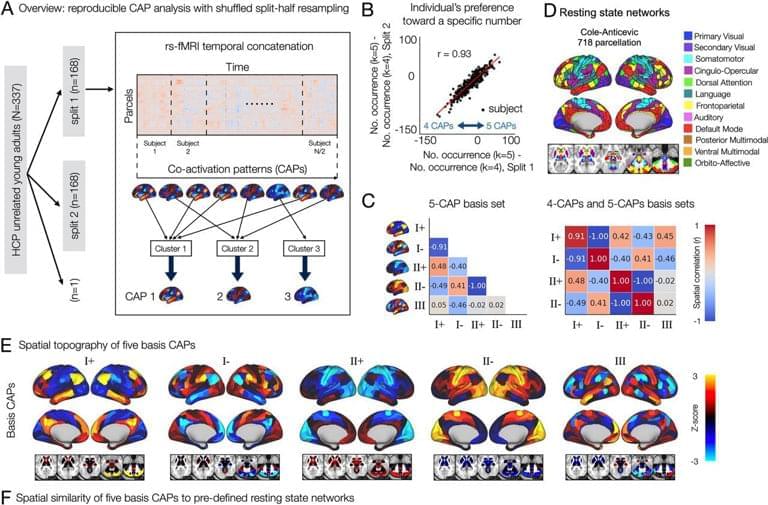
Wearable devices like smartwatches and fitness trackers interact with parts of our bodies to measure and learn from internal processes, such as our heart rate or sleep stages.
Now, MIT researchers have developed wearable devices that may be able to perform similar functions for individual cells inside the body.
These battery-free, subcellular-sized devices, made of a soft polymer, are designed to gently wrap around different parts of neurons, such as axons and dendrites, without damaging the cells, upon wireless actuation with light. By snugly wrapping neuronal processes, they could be used to measure or modulate a neuron’s electrical and metabolic activity at a subcellular level.
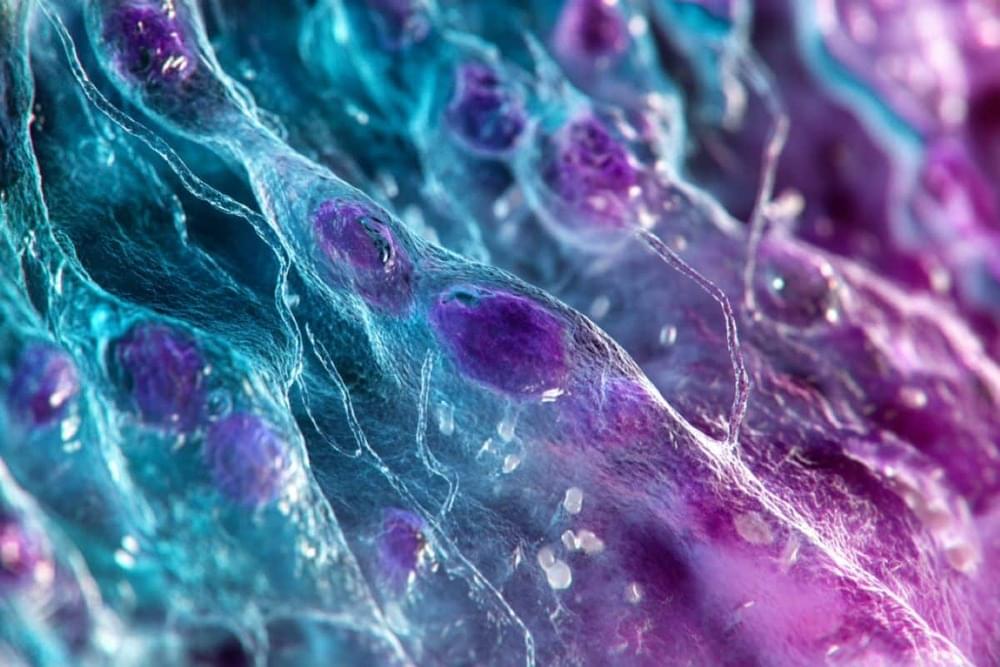
Summary: Neural crest stem cells, a rare type found in skin and other tissues, are uniquely capable of reprogramming into different cell types, challenging the prevailing belief that any mature cell can be reprogrammed. The study reveals that cellular reprogramming is likely limited to these specialized stem cells rather than all mature cells.
Neural crest stem cells are present in skin, bone, and connective tissue, with a natural predisposition for transformation due to their origin in embryonic development. This finding could reshape strategies for stem cell therapies, emphasizing the role of neural crest cells in treating neurodegenerative diseases. The team hopes their work will refine cell reprogramming approaches and inspire further research into the specific potentials of stem cell types.
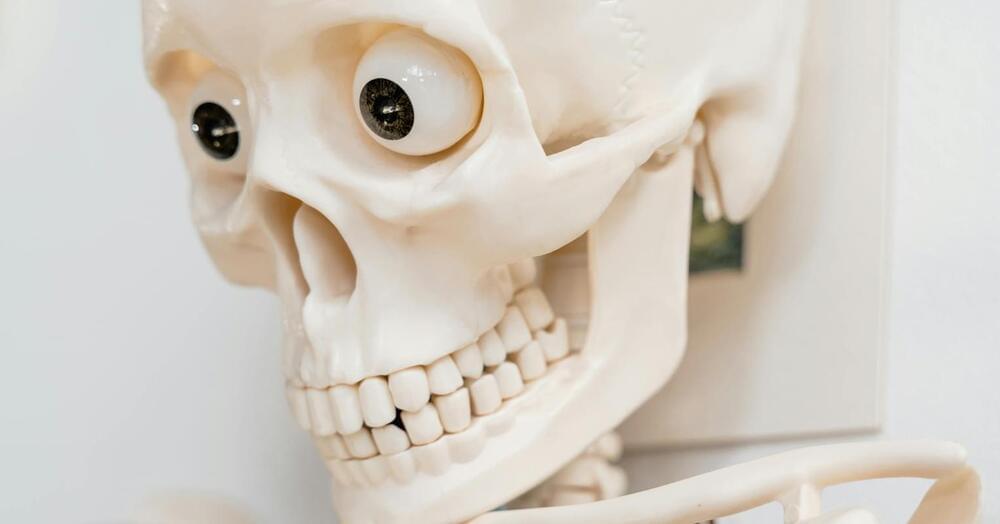
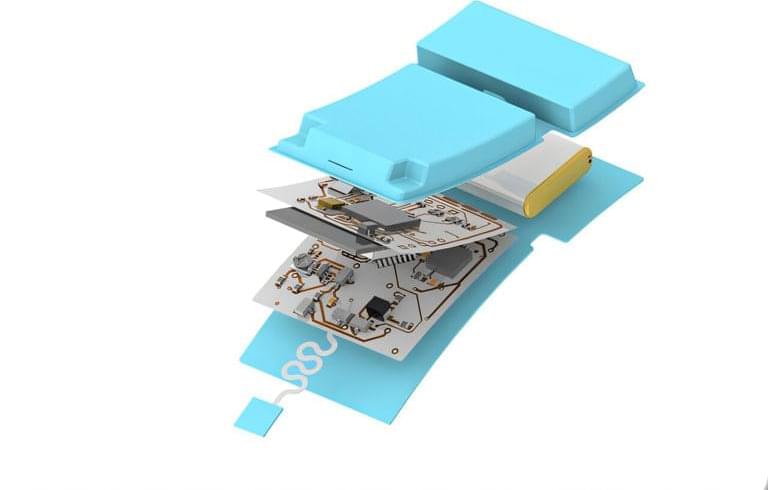
A key challenge in the effort to link brain activity with behavior is that brain activity, measured by functional magnetic resonance imaging (fMRI), for instance, is extraordinarily complex. That complexity can make it difficult to find recurring activity patterns across different people or within individuals.
In a new study, Yale researchers were able to take fMRI data, reduce its complexity, and in doing so, uncover stable patterns of activity shared across more than 300 different people. The findings, researchers say, are a promising step forward in uncovering biomarkers for psychiatric disorders.
The study was published Sept. 24 in the journal PLOS Biology.
—————–Support the channel———–
Patreon: https://www.patreon.com/thedissenter.
PayPal: paypal.me/thedissenter.
——————Follow me on——————–
Facebook: https://www.facebook.com/thedissenteryt/
Twitter: https://twitter.com/TheDissenterYT
Dr. Alexander Rosenberg is the R. Taylor Cole Professor of Philosophy at Duke University. He has been a visiting professor and fellow at the Center for the Philosophy of Science, at the University of Minnesota, as well as the University of California, Santa Cruz, and Oxford University, and a visiting fellow of the Philosophy Department at the Research School of Social Science, of the Australian National University. In 2016 he was the Benjamin Meaker Visiting Professor at the University of Bristol. He has held fellowships from the National Science Foundation, the American Council of Learned Societies, and the John Simon Guggenheim Foundation. In 1993, Dr. Rosenberg received the Lakatos Award in the philosophy of science. In 2006–2007 he held a fellowship at the National Humanities Center. He was also the Phi Beta Kappa-Romanell Lecturer for 2006–2007. He’s the author of both fictional and non-fictional literature, including The Atheist’s Guide to Reality, The Girl from Krakow, and How History Gets Things Wrong.
In this episode, we focus on Dr. Rosenberg’s most recent book, How History Gets Things Wrong, and also a little bit on some of the topics of The Atheist’s Guide to Reality. We talk about the theory of mind, and how it evolved; the errors with narrative History, and the negative consequences it might produce; mind-brain dualism; what neuroscience tells us about how our brain and cognition operate; social science, biology, and evolution; the role that evolutionary game theory can play in explaining historical events and social phenomena; why beliefs, motivations, desires, and other mental constructs might not exist at all, and the implications for moral philosophy; if AI could develop these same illusions; and nihilism.
Time Links:
01:17 What is theory of mind, and how did it evolve?
06:16 The problem with narrative History.
08:17 Is theory of mind problematic in modern societies?
11:41 The issue with mind-brain dualism.
13:23 The concept of “aboutness”
15:36 Neuroscience, and no content in the brain.
22.21 What “causes” historical events?
28:09 Why the social sciences need more biology and evolution.
37:13 Evolutionary game theory, and understanding social phenomena.
41:06 The implications for moral philosophy of not having beliefs.
44:34 About “moral progress”
47:41 The usefulness of thought experiments in Philosophy.
49:58 The theory of mind will not be going away anytime soon.
51:37 Could AI systems have these same cognitive illusions?
53:13 A note on nihilism and morality.
57:38 Follow Dr. Rosenberg’s work!
–
Follow Dr. Rosenberg’s work:
Faculty page: https://tinyurl.com/ydby3b5f.
Website: http://www.alexrose46.com/
Books: https://tinyurl.com/yag2n2fn.
–
A HUGE THANK YOU TO MY PATRONS: KARIN LIETZCKE, ANN BLANCHETTE, BRENDON J. BREWER, JUNOS, SCIMED, PER HELGE HAAKSTD LARSEN, LAU GUERREIRO, RUI BELEZA, MIGUEL ESTRADA, ANTÓNIO CUNHA, CHANTEL GELINAS, JIM FRANK, AND JERRY MULLER!
I also leave you with the link to a recent montage video I did with the interviews I have released until the end of June 2018:
https://youtu.be/efdb18WdZUo.
And check out my playlists on:
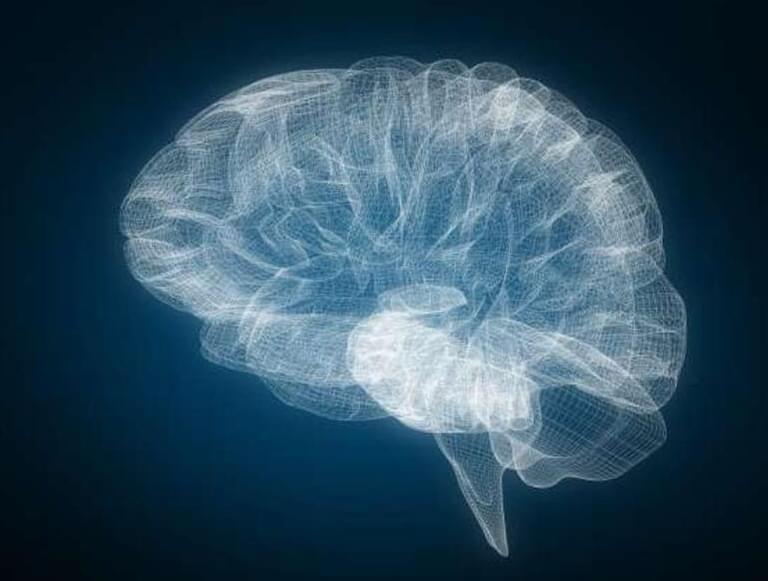
Alzheimer’s disease, fronto temporal dementia and progressive supra nuclear palsy. Using this study design, the investigators found four genes that marked vulnerable neurons across all three disorders, highlighting pathways that could be used to develop new therapeutic approaches.
The discovery of genes that marked vulnerable neurons could open options for therapeutic approaches.